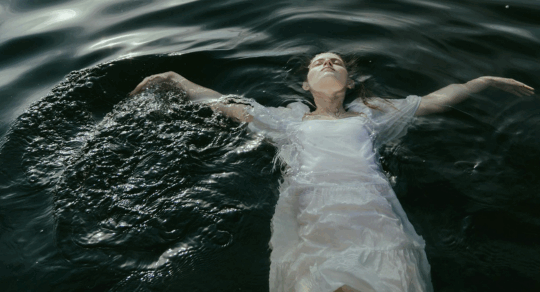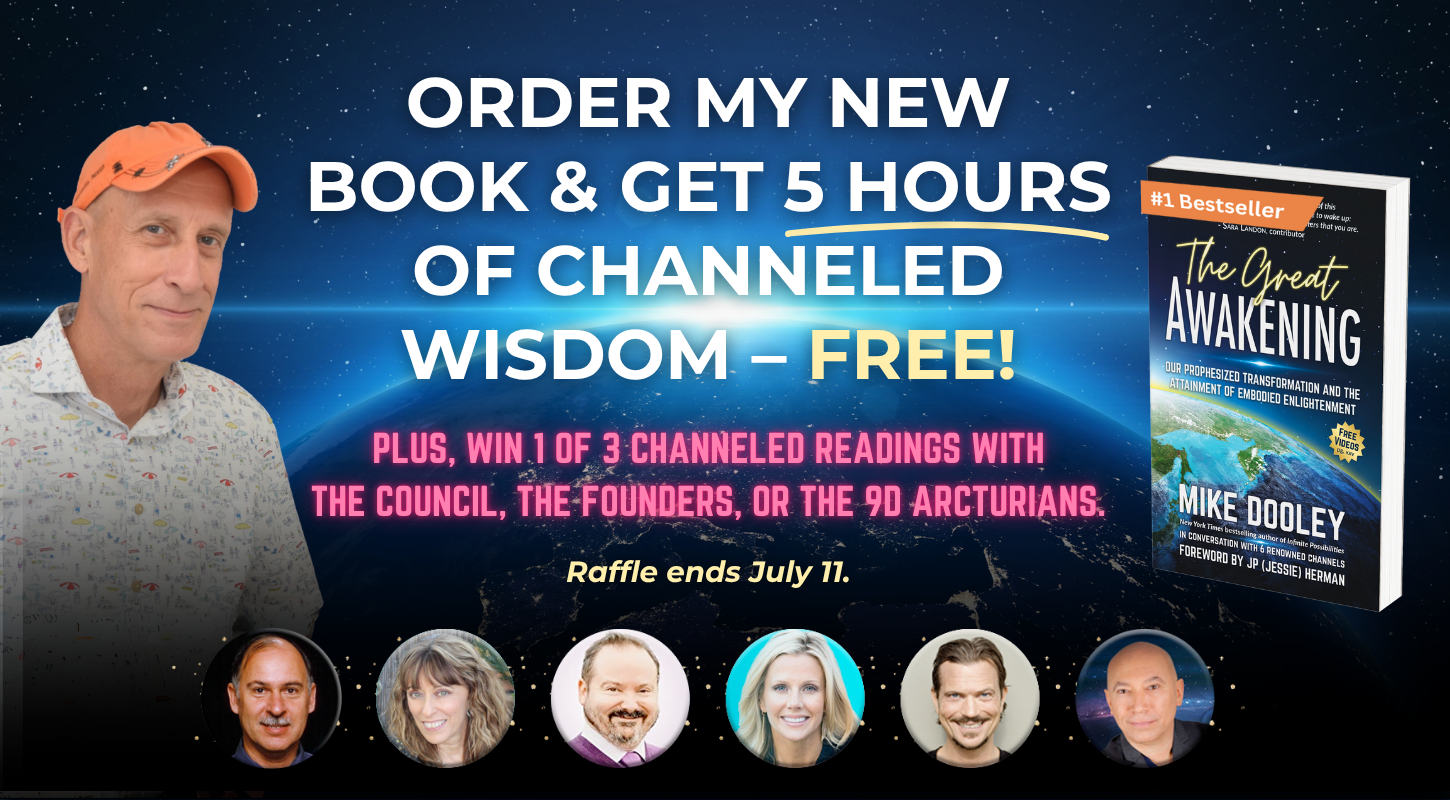Three years ago I was faced with the possibility that I might die. My doctor told me I had an aggressive form of breast cancer and that I was scheduled for a mastectomy within 48 hours. In the flurry of activity that took place in those 48 hours – meeting my surgeon and being scanned and x-rayed within an inch of my life – I didn’t have time to contemplate the ‘d’ word until I was lying flat on my back in surgery.
As I stared up into what could have been mistaken for heavenly white lights, it occurred to me that I might be having my last conscious thought in this physical realm – I mean it’s not unheard of for people to die in surgery, right? I wish I could say I saw my dear departed loved ones or Jesus himself in that white light. I didn’t, but the very fact I even anticipated that I might was a vast comfort to me, one I can only put down to books that I’d read before all this drama began.
1. The Lovely Bones
About 12 years before my breast cancer diagnosis, my dear mother departed this earth after a brief illness. It all happened so fast and I was still in a state of shock when a client suggested a book that she’d found helpful after the death of her father – The Lovely Bones by Alice Sebold.
If you’ve read this book, you may have emitted a gasp by now – just like I did when perusing the back cover for the first time! The Lovely Bones is written from the perspective of 14-year-old Susie Salmon who is gruesomely murdered. One could be forgiven for thinking this is hardly appropriate post-parental-death reading and yet, Susie’s description of heaven being a conglomeration of the places on earth where she felt safe and loved, really resonated. While reading that book I had a very strong feeling in my own bones that my lovely Mum must now be in such a place.
2. Proof of Heaven
After a much longer struggle with Parkinson’s Disease, my dear father left us almost a decade later. This time, a friend gave me a mind-blowing read by Dr Eben Alexander called Proof of Heaven, which helped me to grapple once more with that pesky question of death.
Dr Alexander is a neurosurgeon who suffered a massive brain infection that put him in a deep coma for seven days. While his family were told to prepare for the worst, he was having a vivid experience of consciousness in a heavenly realm, beyond his physical form.
The intense irony of this story is that before his illness, Dr. Alexander had counselled many patients who’d had NDEs (near death experiences), essentially putting the phenomena down to some errant brain activity. But when he miraculously emerged from the coma, Eben saw from his own medical records that his neocortex had been completely shut down by the infection while, at the very same time, he was enjoying a technicolour, surround-sound tour of another reality. And he actually remembered the experience in compelling detail, apparently without the help of his brain.
Interestingly, before I read Dr. Alexander’s beguiling descriptions of “the beyond,” my family had already chosen the quote from Shakespeare’s Hamlet as Dad’s epitaph – “Goodnight sweet prince and flights of angels sing thee to thy rest.” While reading Proof of Heaven, after the fact, I joyfully visualized my dad, his body now unencumbered by debilitating disease, winging his way alongside those “flights of angels,” all of them singing and probably dancing a bit too.
3. Dying to Be Me
Very soon after receiving my own cancer diagnosis, but before I’d endured chemotherapy (which is the closest I’ve felt to death-warmed-up so far), at least three people suggested I read Dying to be Me by Anita Moorjani. This is a fascinating tale of Anita’s four-year battle with cancer that went feral in her body. She had a prolonged NDE while comatose in the hospital as her family gathered by her bedside to say their good-byes.
Anita’s story is riveting and the revelations from her extended trip to “the other side” are, well, revelatory in the extreme. And the greatest of these is love, to coin a phrase from another really popular book! Turns out that love, self-love in particular, is essential to life both here and in the beyond. Furthermore, when offered the choice of staying here on earth or moving on, Anita chose to return – chose being the operant word, leading me to think we humans are more in control of whether we live or die than we think we are.
4. The Top Ten Things Dead People Want to Tell You
The very fact that a book with a name like this even exists speaks volumes to me. The author, Mike Dooley (yes, the very same Mike who founded this TUT website), makes a statement in the introduction that literally stopped me in my tracks – “Turns out that wondering about death can teach you a lot about life.”
You can say that again!












